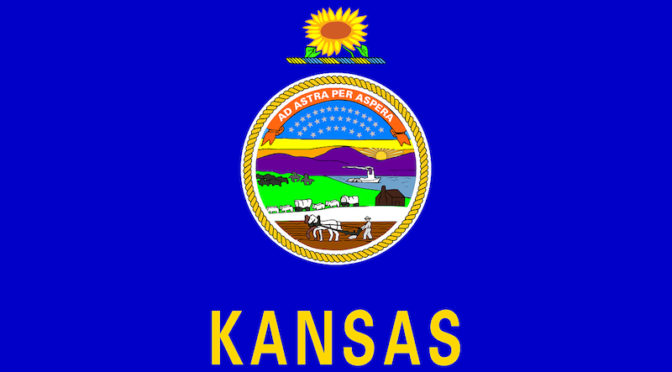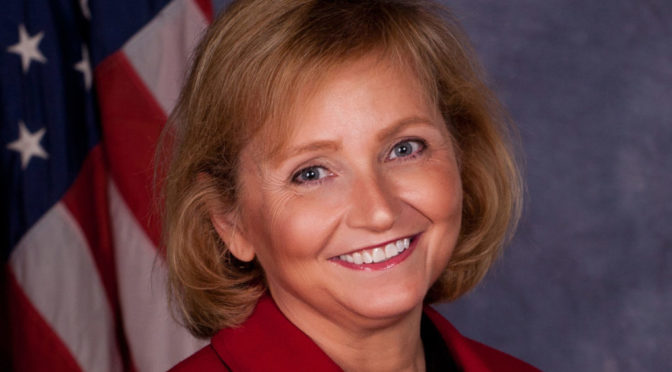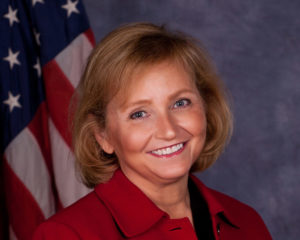TOPEKA — The Kansas Department for Aging and Disability Services (KDADS) announces a grant funding opportunity for communities through a request for application (RFA) process for the Kansas Prevention Collaborative-Community Initiative (KPCCI) to reduce and prevent substance abuse in identified communities and enrich prevention efforts across the state through the implementation and sustainability of effective, culturally competent prevention strategies.
Grantees will use these funds to create a comprehensive, community-based strategic plan to address the problems of underage drinking, youth marijuana use, or ATOD (Alcohol, Tobacco and Other Drugs), shared risk and protective factors, and produce sustainable systems change in their communities. Communities will utilize the Strategic Prevention Framework (SPF) model designed by the Substance Abuse and Mental Health Services Administration (SAMHSA) to assess their local needs, build capacity and create an implementation plan.
“Community-driven grants are an important piece of our statewide prevention system,” said KDADS Secretary Laura Howard. “KDADS’ Behavioral Health Services Commission works directly with community partners who apply for and receive these funds to provide essential training and support. We encourage communities to apply for this grant opportunity and become part of the statewide team working to prevent substance use in Kansas.”
The KPCCI grant is funded by SAMHSA “to prevent and reduce substance abuse in identified communities and enrich prevention efforts across the state through the implementation and sustainability of effective, culturally competent prevention strategies. Through the advancement of technological supports, learning processes, technical assistance, direct consultation and other resources, grantees will be supported through each of the five steps of the Strategic Prevention Framework (SPF).”
The RFA is directed at newly established coalitions in existence for the past six months ready to incorporate the SPF’s sustainable guidance and evidence-based strategies:
- The planning phase: determining what works to address prevention needs and how to do it well based on data;
- The implementation phase: delivering evidence-based intervention as intended, supported by KDADS and its partners in the Kansas Prevention Collaborative (KPC).
Communities ready to start the process or who have already started the planning stage and are ready to progress to the implementation phase are eligible to apply for funding. KDADS strongly encourages those eligible to apply.
“The KDADS prevention team continues to support positive community outcomes with this grant. For many years the communities involved in this meaningful work have played a pivotal role in the state’s prevention efforts,” said KDADS Children’s Services Director Gary Henault. “Our grantees and community partners committed to serving others continue to have a positive impact on the communities they serve.”
About the Kansas Prevention Collaborative:
The Kansas Prevention Collaborative was created in 2015 to integrate and innovate behavioral health prevention efforts. A partnership of several different state, educational and provider agencies, the KPC’s goal is to expand prevention efforts to be more inclusive of mental health promotion, suicide prevention and problem gambling education and awareness, as well as to increase the availability of resources to adequately fund local-level prevention and promotion strategic plans. For more information, see https://www.kdads.ks.gov/commissions/behavioral-health/kpc.









